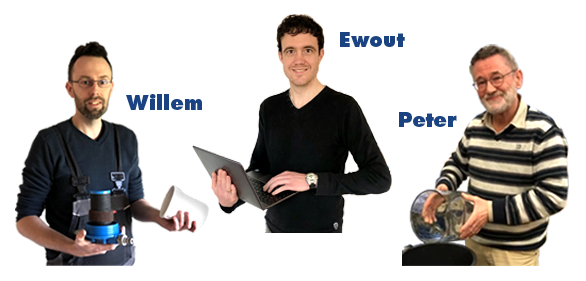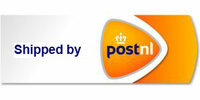How water filters protect you from bacteria in drinking water

What are ultra membranes?
Ultra membranes in water filters play the role of physical barrier and separate water from not only bacterias but also from suspended solids, colloids, and high molecular weight substances.Bacteria are larger (roughly 0.2 - 2 microns), so they are physically blocked. AQUA Logic water filters use ultra membranes with pore sizes of 0.03 micrones and 0.01 micrones combining with active carbon cylinders. These types of water filters are the optimal choice for emergencies or when it comes to survival. Here, water molecules pass but bacteria don’t. You get clean drinking water during uncertain situations or not reliable water sources.
Water filters with ultra membranes and quality active carbone:
- Delivers consistent removal even if the incoming water changes.
- Works without chemicals and preserves mineral taste.
- Pairs well with activated carbon to reduce odors.
Does boiling water make sense when it comes to bacteria?
Yes, when you boil water long enough it inactivates bacteria. It is the cheapest way to get rid of microorganisms in your drinking water. That’s why it is the first advice from authorities in case of microbiological uncertainty.Even good Dutch tap water can have bad days. That happens sometimes. For example, the last situation occurred in November 2025 when the utility Vitens detected enterococci in water of a storage facility that feeds parts of Utrecht and nearby towns. Utrecht authorities informed people and gave official advice to boil water for up to 3 minutes (applies for drinking and cooking water, and even for water during brushing teeth). It is a good fast reaction to prevent people from health problems.
What are the drawbacks of boiling water to make it safe?
If you boil water some minerals like calcium and magnesium deposits on your kettle or cooking pan. This occurs because hard water contains dissolved calcium and magnesium bicarbonates. When the water is heated and reaches boiling point, dissolved carbon dioxide gas escapes, altering the chemical equilibrium. This causes calcium bicarbonate to decompose into solid calcium carbonate, which precipitates as limescale deposits inside your kettle or pan. The minerals themselves do not evaporate with the water; instead, they remain and accumulate in solid form on surfaces where the water is heated.It means you receive less calcium and magnesium from your drinking water. So, this type of water is not an optimal choice for long-term consumption.
Another disadvantage is evaporation. During the heating water evaporates, but everything else stays behind. That means any dissolved substances – including minerals, metals, salts, nitrates, PFAS, microplastic, chlorine byproducts, or organic pollutants – become more concentrated in the remaining water.
Does UV water sterilizers help against bacteria?
Ultraviolet (UV-C) systems bathe flowing water in germicidal light that disrupts bacterial DNA so microbes can’t reproduce. This is fast, effective, and taste-neutral. It is an alternative for ultra membrane water filters, if you have concerns about bacteria and viruses, we advise you to use UV-LED water sterilizer. For example, AQUA Logic UV-C LED water sterilizer eliminates 99.999% of harmful microorganisms. It achieves thanks to using the most effective wavelength of UVC which is between 260 nm and 270 nm. Moreover, it has a fast flow capacity, so no worries about waiting until your water is safe to drink or use in the household.UV water sterilizers are more expensive than water filters with ultra membranes but they last up to 8 years for a family with 3-4 people. Meanwhile water filters should be changed every 1-2 years, that depends on the usage and your water quality.
It is worth keeping in mind that UV water sterilizers do not clean your water against chemicals and heavy metals. For this purpose, water filters with ultra membranes work the best.
To sum up, a water filter helps protect against bacteria and microorganisms. However, you should choose a filter with an ultra-membrane that has pores small enough to block them effectively.
An alternative option is a UV water sterilizer, which is compact and can operate reliably for many years. You can also boil water in unpredictable situations.
Keep in mind that boiling and UV sterilizers do not reduce other contaminants, which can be just as harmful as bacteria.
If you have any questions about which water filter is best for your situation, feel free to contact our water experts. We’ll help you choose a properly sized, well-maintained system so you can drink water with confidence - every day.

Questions? We are happy to help you.
Email: info@innologic.nl
Website: www.innologic.nl
Tel: +31 85 788 63 28
Available by telephone from Monday to Friday from 10:00 to 16:00.
Workshop Harderwijk
Address: Nobelstraat 31 7, 3846 CE Harderwijk, The Netherlands
Workshop Heerde
Address: Zwarteweg 10 A, 8181 PD Heerde, The Netherlands
VAT identification number: NL808812622B01
Chamber of Commerce number: 05065655
Bank Number: IBAN NL40 RABO 0370283546
BIC/SWIFT: RABONL2U








